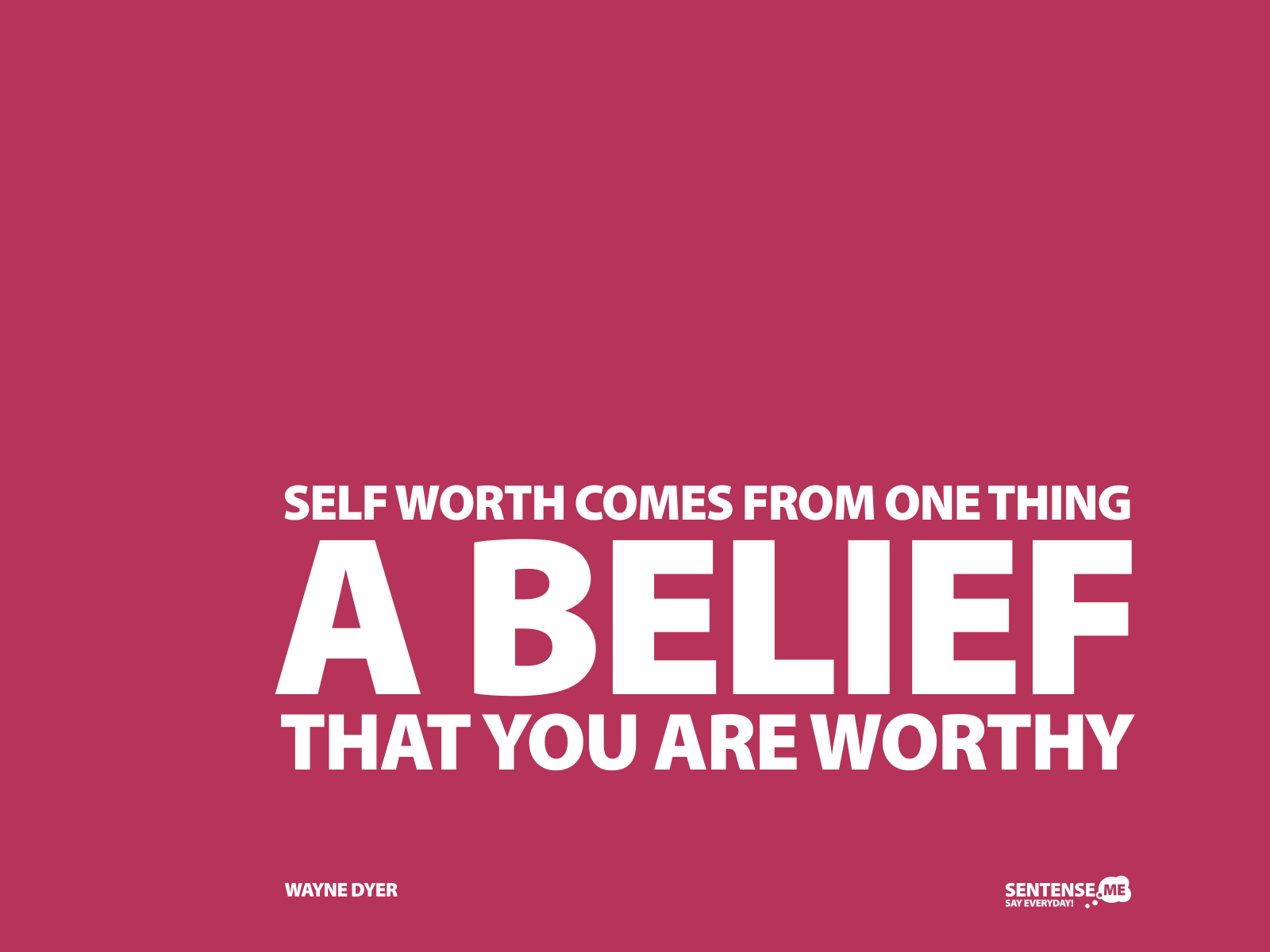According to 'A Way Forward: Equipping Australia’s Mental Health System for the Next Generation :
'Online mental health services can involve cognitive behaviour courses that help people identify unhelpful thoughts and behaviours and learn healthier skills and habits.'
Online MH support services the report says are low cost and highly effective. Young people who are struggling with mental health concerns are finding online support useful to them. Cognitive Behaviour Therapy (CBT) courses are available to help young people identify, challenge and change unhelpful thoughts.
This is precisely what teachers are doing at Para Hills School P-7 in Adelaide South Australia.
Through the Rational Emotive Behaviour Education Program children are taught how to develop healthy habits of thinking about themselves, others and the world. Teachers do this across all curriculum areas at every year level day in and day out. This very important school based approach to MH promotion/development/prevention/intervention complements and supports community based mental health promotion like ReachOut, HeadSpace and the like.
Albert Ellis who is considered the grandfather of CBT was aware of what schools were doing in South Autsralia and supported work here up until his death in 2007.
Well done all teachers who embed MH teaching and learning in daily practice.
Para Hills School P-7 teachers a step ahead and cooking with gas! smile emoticon











